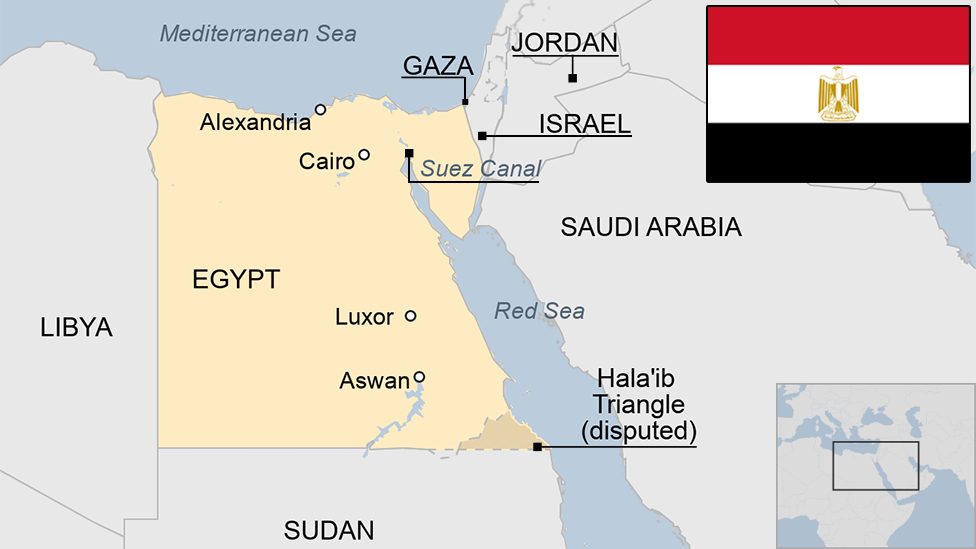Tunisia country profile
- Published
This page is no longer being updated. It was last updated on 9 October 2024
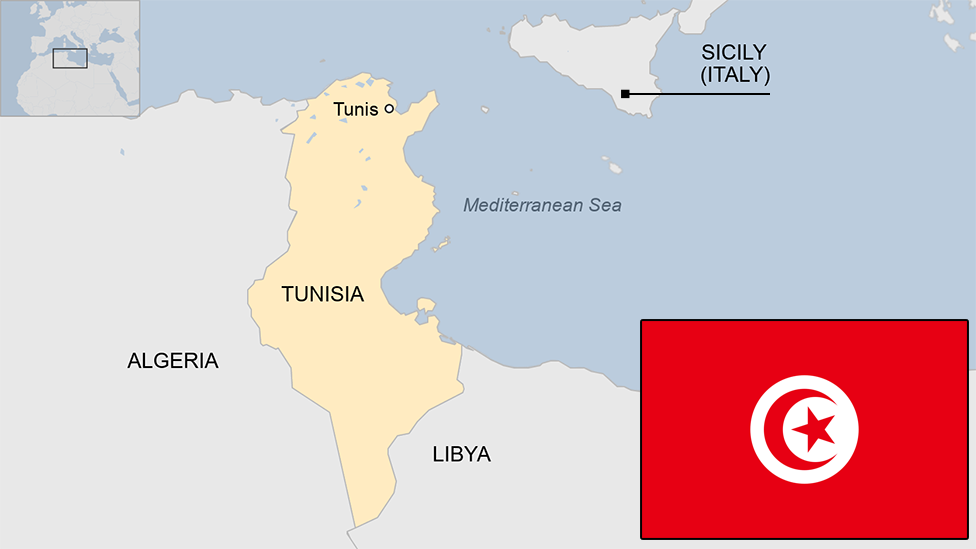
Tunisia was once an important player in the Mediterranean, thanks to its location in the centre of North Africa, close to vital shipping routes.
French colonial rule ended in 1956, and Tunisia was led for three decades by Habib Bourguiba, who advanced secular ideas, foremost of which was the emancipation of women.
Mass protests unseated President Ben Ali in 2011, triggered by dissatisfaction with the lack of freedom and democracy under his 24-year rule.
This led to the broader Arab Spring movement across the region. However, following the 2019 election of Kais Saied as president, Tunisia has seen the re-imposition of aspects of authoritarian rule. President Saied has suspended parliament, rewritten the constitution and concentrated power into his hands.
Read more country profiles, external - Profiles by BBC Monitoring, external
REPUBLIC OF TUNISIA: FACTS
Capital: Tunis
Area: 163,610 sq km
Population: 12.3 million
Language: Arabic
Life expectancy: 72 years (men) 79 years (women)
LEADER
President: Kais Saied
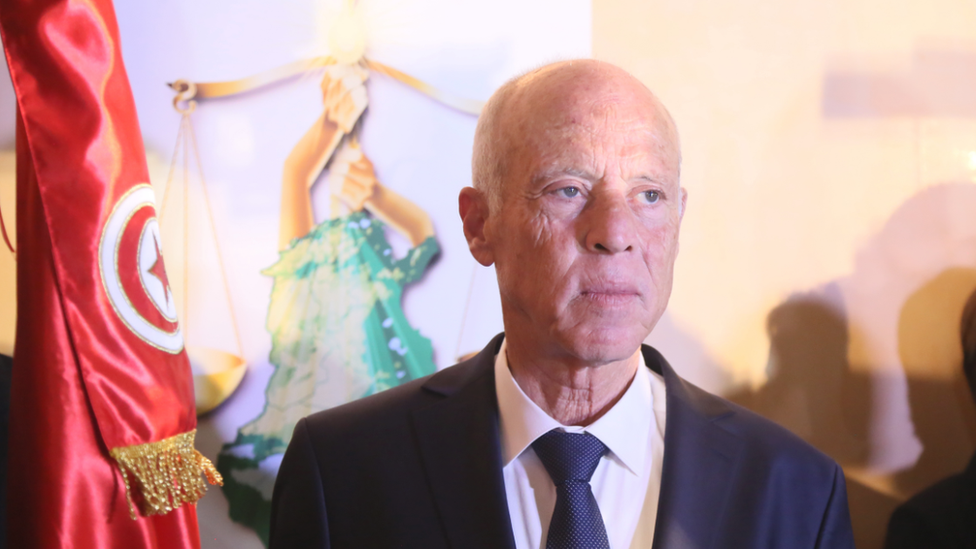
President Kais Saied won a second term in October 2024 with more than 90% of the vote. However, only two candidates were allowed to stand against him only 29% of Tunisia's more than nine million registered voters took part.
Saied's closest challenger, businessman Ayachi Zammel, won 7% of the vote despite being sentenced to 12 years in prison for falsifying documents - just five days before the election.
There were no campaign rallies or public debates, and nearly all the campaign posters in the streets were backing the president.
Five political parties had urged Tunisians to boycott the elections in the belief that they would not be free or fair.
Saied was originally elected in 2019 on an anti-corruption platform, with a direct appeal to young voters - but following his election, in 2021, he carried out a series of measures enhancing the power of the presidency at the expense of parliament and the judiciary.
Opposition parties boycotted the 2022 parliamentary elections, accusing the president of staging a coup after shutting parliament in 2021 and giving himself almost unlimited executive powers.
MEDIA
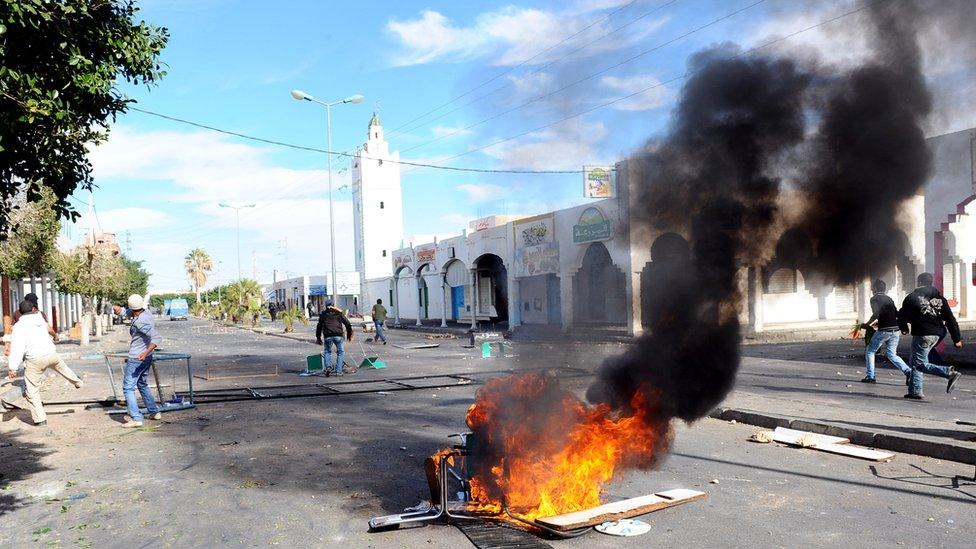
Social media played a key role in the mass protests which toppled the government in 2011
Since President Saied's seizure of extraordinary powers in 2021, journalists have faced increasing pressure and intimidation from government officials, says US-based NGO Freedom House.
This includes criminal penalties for defamation and other alleged offenses.
TIMELINE
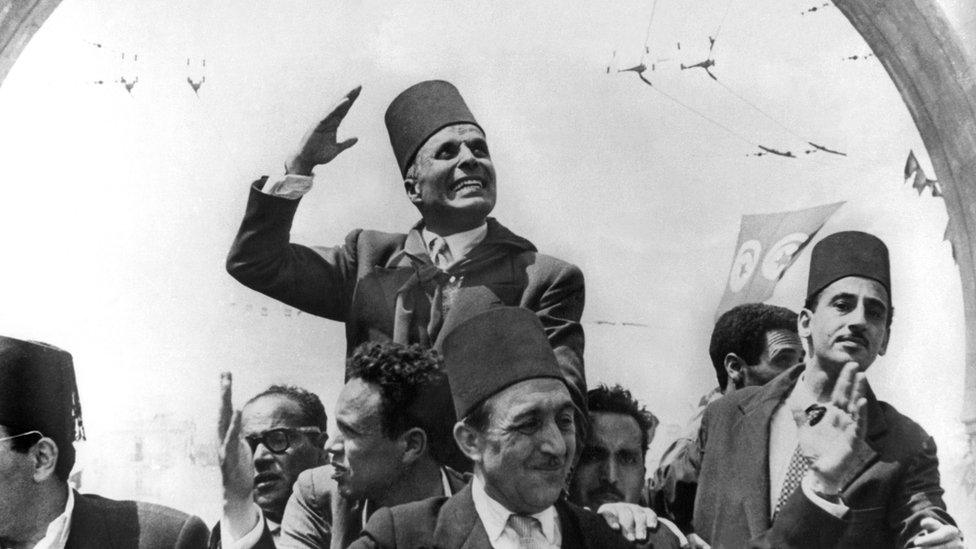
Habib Bourguiba led Tunisia from independence in 1956 until he was sidelined in 1987
Some key dates in Tunisia's history:
600s - Arabs conquer the territory of present-day Tunisia.
1534-1574 - Ottomans wrestle for control of Tunis with Spanish forces, before finally reconquering Tunis in 1574. Tunisia becomes in effect an autonomous province of the Ottoman empire.
1881 - French troops occupy Tunis. France controls economic and foreign affairs; Tunisia is a French protectorate from 1883.
1934 - Habib Bourguiba founds the pro-independence Neo-Dustour Party
1942 - World War Two: German troops arrive to resist allied forces in Algeria. Allied forces defeat German and Italian troops in May 1943.
1956 - Tunisia becomes independent with Habib Bourguiba as prime minister.
1957 - Tunisia becomes a republic.
1987 - Bourguiba declared unfit to rule and Prime Minister Zine El Abidine Ben Ali assumed the presidency
2011 - Tunisian revolution. Mass protests drive President Ben Ali into exile, inspiring other Arab Spring uprisings.
2015 - Attacks aimed at foreign tourists killing 22 people at the Bardo National Museum, and later 38 people at the Sousse beachfront.
2021 - President Kais Saied imposes presidential rule, dismissing the prime minister and withdrew immunity of parliament members, undermining the authority of parliament.
2024 - President Saied wins a second term in a landslide result, after five opposition parties call for a boycott, saying the vote would neither be free nor fair.
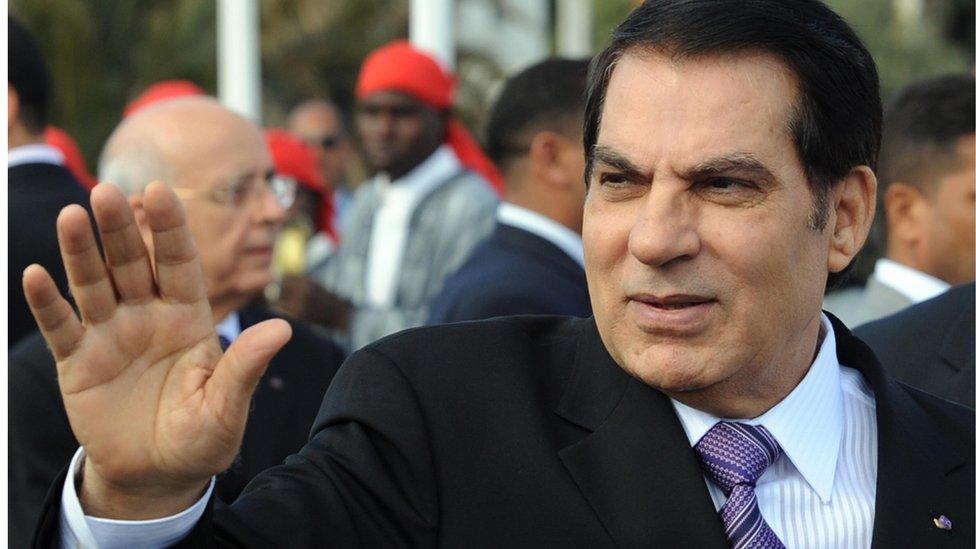
President Ben Ali was ousted by a popular uprising in 2011 after 24 years in office
Related topics
- Published28 October 2024
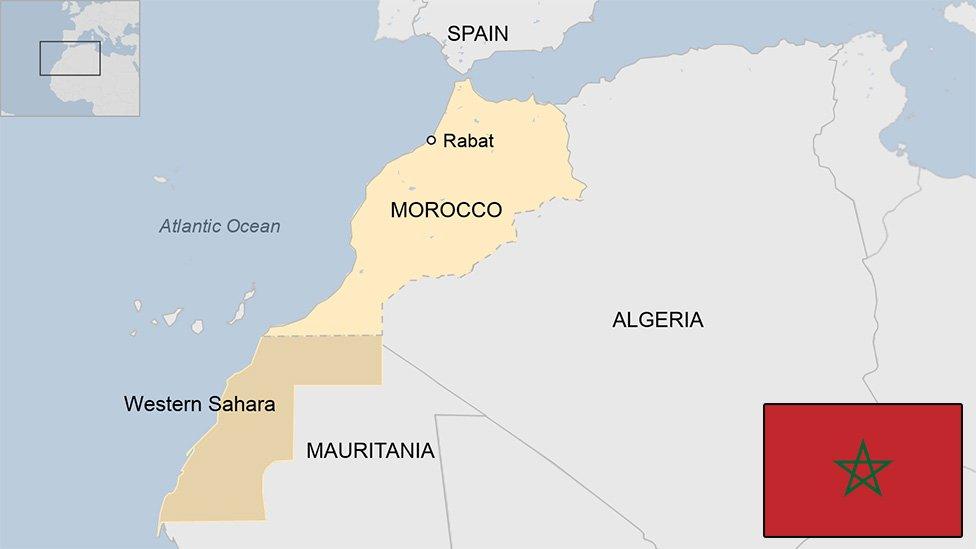
- Published9 September 2024
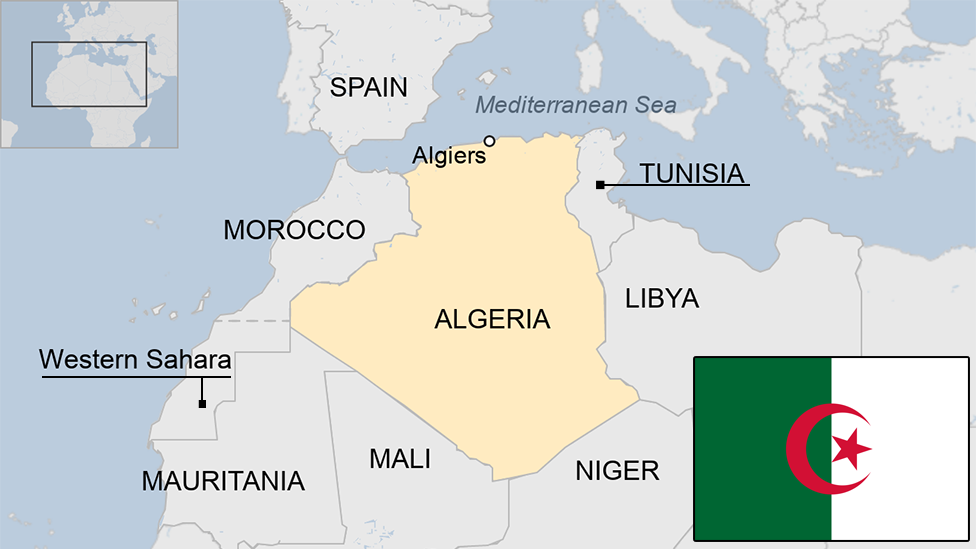
- Published19 June 2023
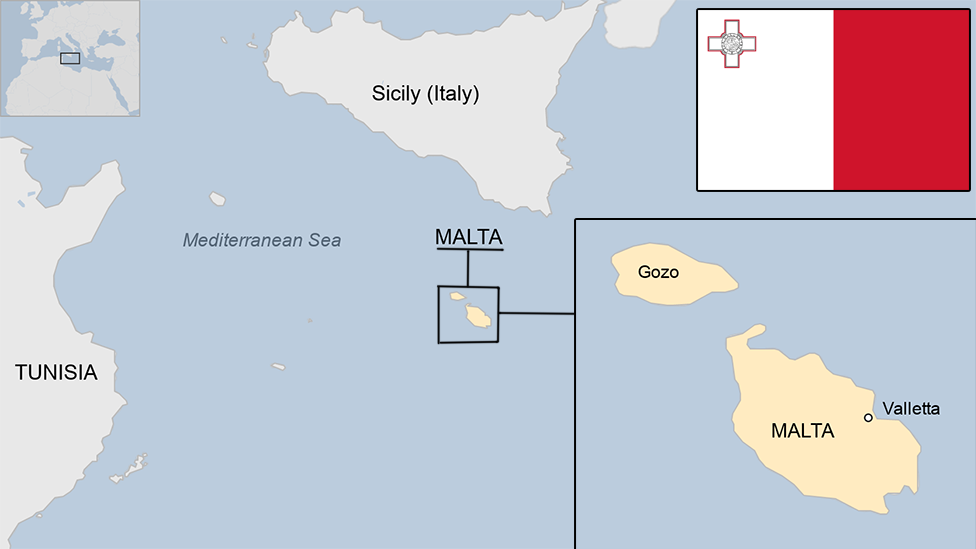
- Published4 October 2023
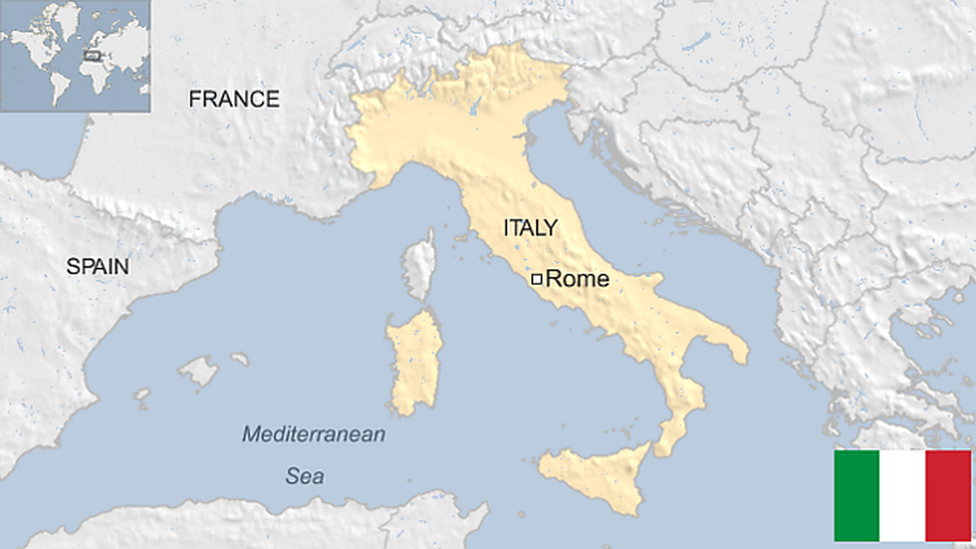
- Published13 September 2023
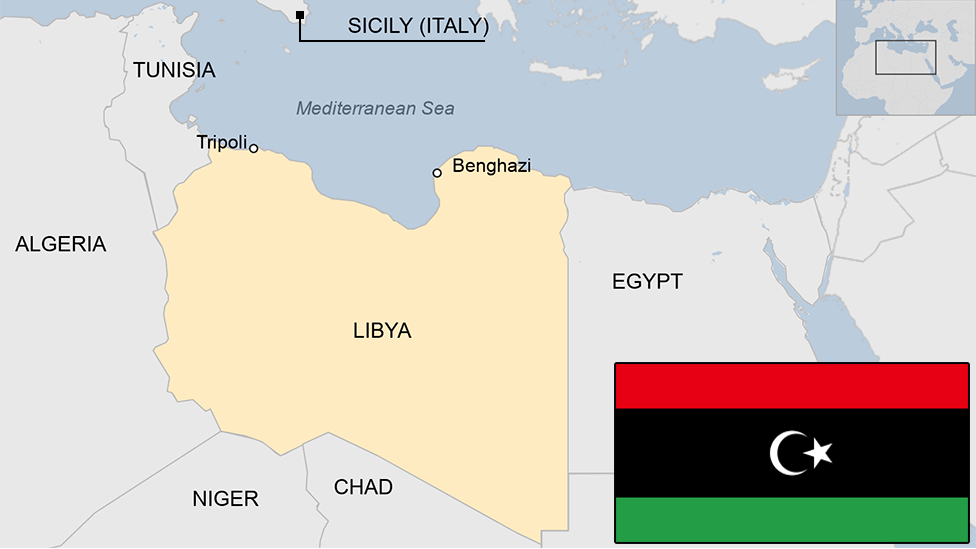
- Published2 January 2024
